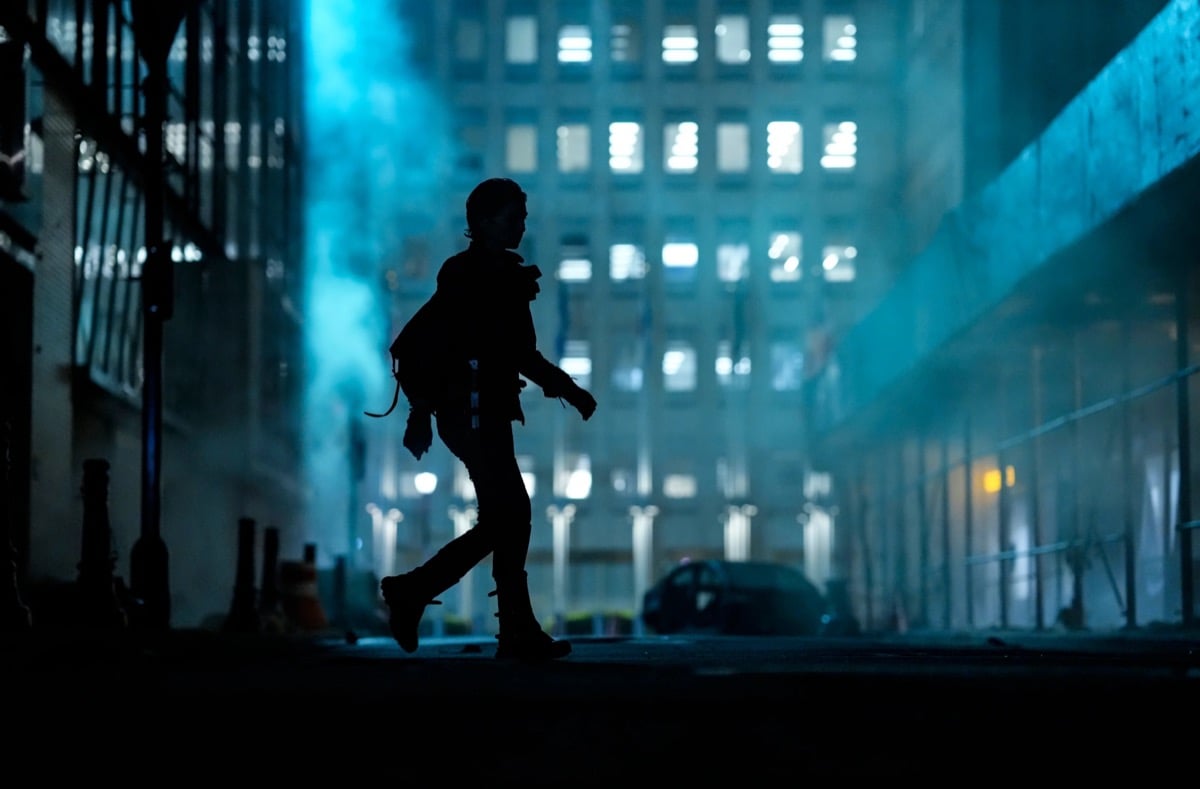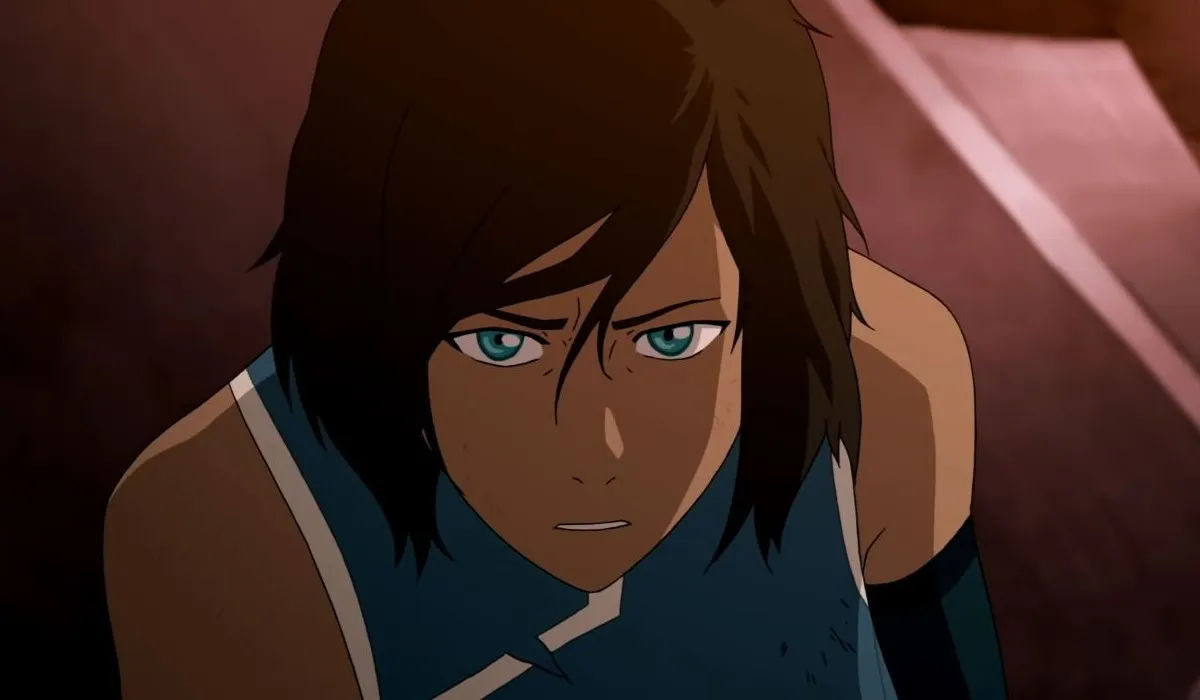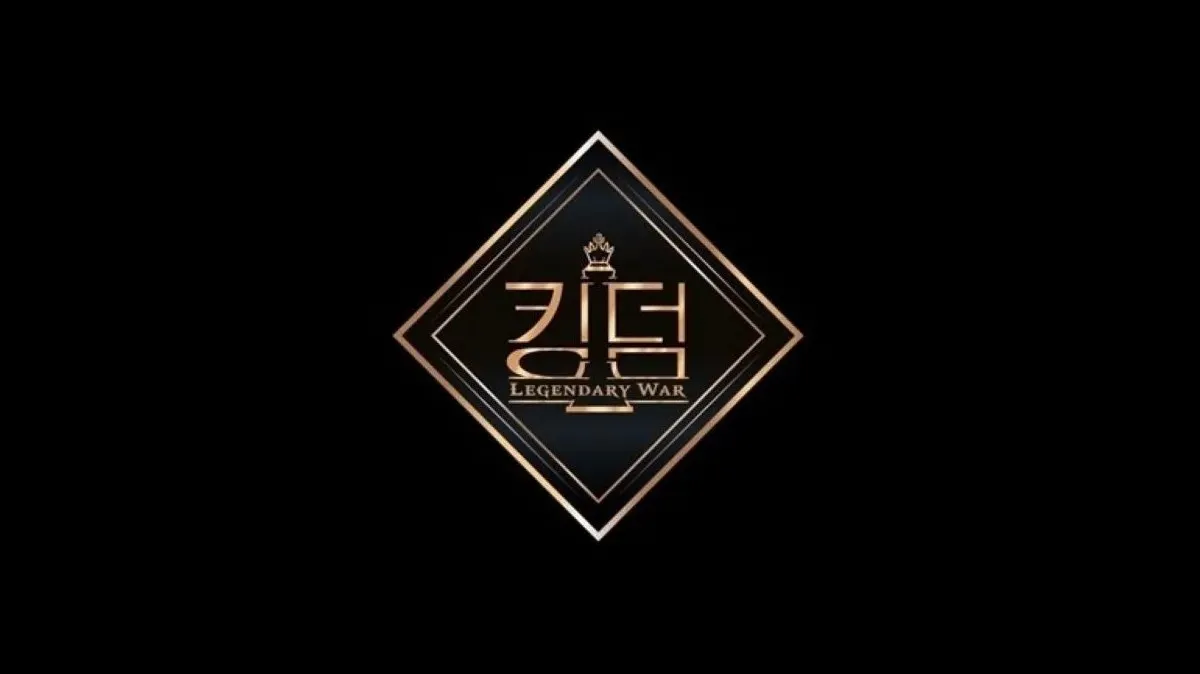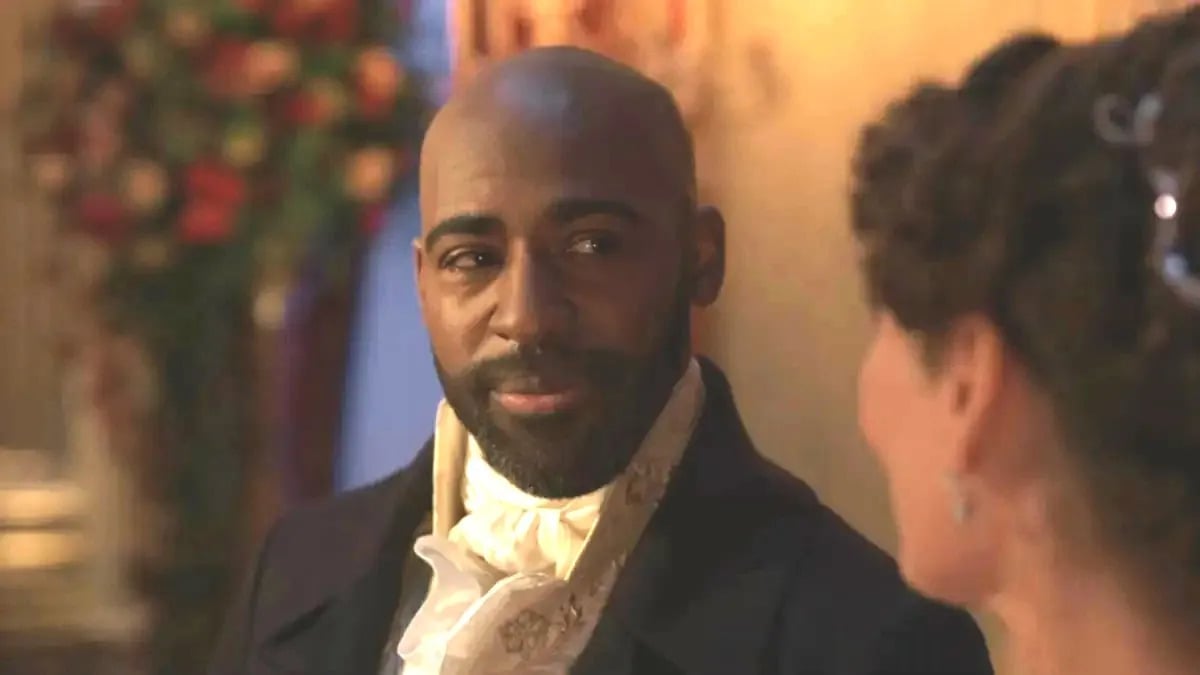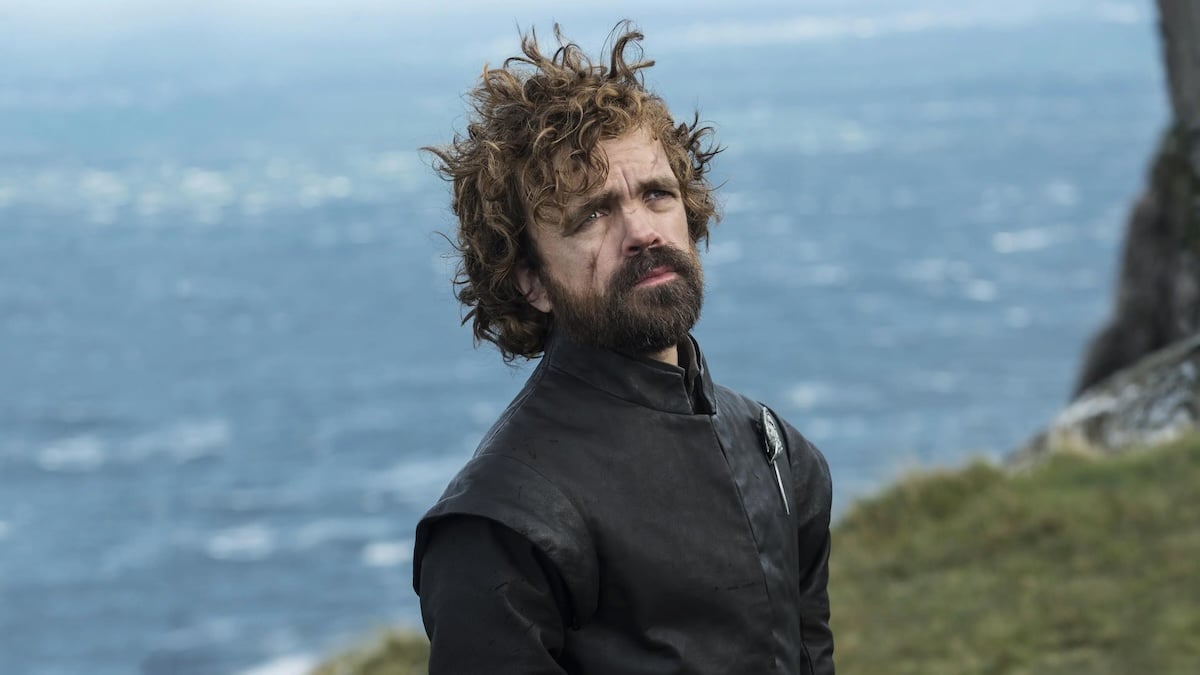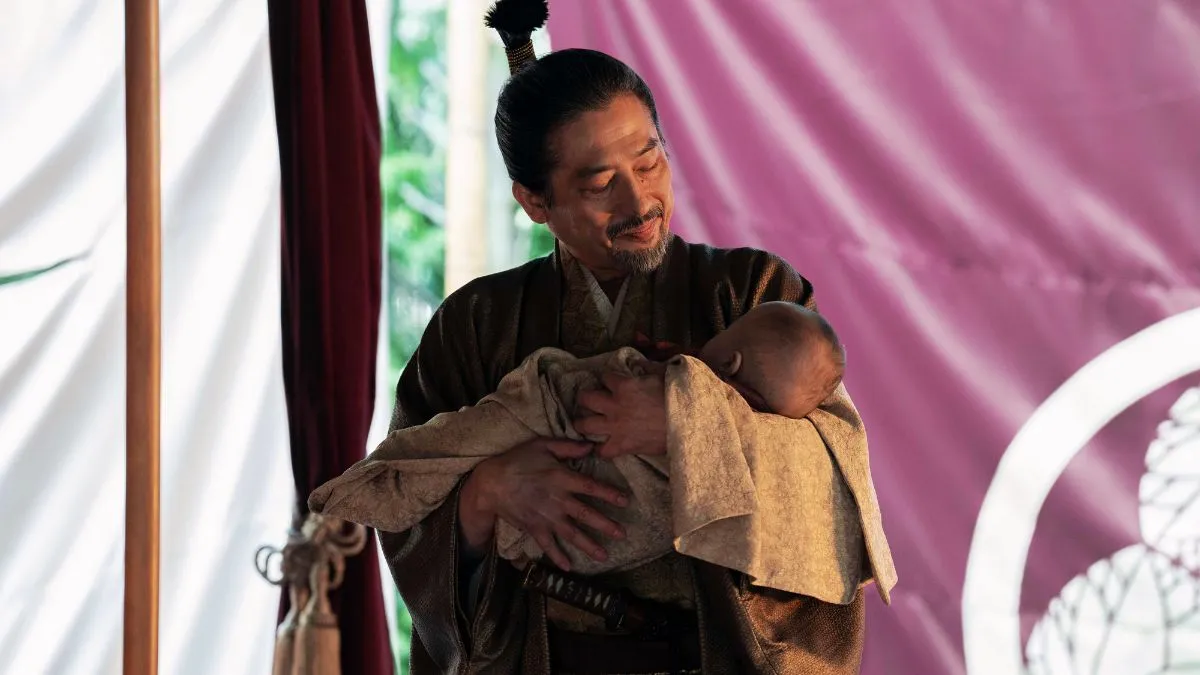I was fascinated by the idea of a Maggie/Negan team-up show as a spinoff to The Walking Dead. Learning about AMC’s Dead City from co-stars and executive producers Lauren Cohan and Jeffrey Dean Morgan, and Showrunner Eli Jorné, at Wondercon this year got me even more hyped.
Now that Dead City has premiered, however, I’m slightly less hyped, because it seems like all the character growth that Maggie experienced by the end of The Walking Dead has been erased to manufacture easy conflict.
**SPOILERS for The Walking Dead series finale and the Dead City pilot.**
Where we left Maggie at the end of The Walking Dead
In the Walking Dead series finale, Maggie confronts Negan about her feelings toward him, about Glenn, and about moving forward. She tells him that she can’t forgive him and why. She reminisces about Glenn, to remind Negan what a good person he killed. Yet, Maggie doesn’t approach him in anger. She approaches him in pain and sadness.
She says, “I don’t want to hate you anymore. I don’t wanna hurt like that. And I don’t want my son to see that anyone has that kind of hold over me.” She tells Negan that she sees him trying to make up for what he’s done, thanks him for saving Herschel, and says that she’s “trying too.” She acknowledges that he’s earned his place with the group if he wants to stay, but clearly explains why she won’t be able to work beside him, acknowledge him, or even look at him.
This conversation takes so much strength and courage, and shows so much grace. It’s a beautiful moment for a character that has been through so much and has hardened so much. And the scene above shows how both characters have evolved over the course of their relationship. Maggie is owning her emotions and being up front about her boundaries, but she’s also owning her actions by not letting them tarnish the kind of person she wants to be.
Meanwhile, Negan doesn’t say a word, but his eyes speak volumes. He understands why Maggie can’t forgive him. While that pains him, he doesn’t make excuses or defend himself. He, too, is owning his actions. Maggie will always have negative feelings about Negan, but by the Walking Dead finale, the rough edges of her rage have been smoothed by time, and she prioritizes her own well-being over nursing hatred for him.
Maggie in the Dead City pilot
Dead City opens with Maggie seeking Negan out, because she needs his help in finding Herschel (Logan Kim). Herschel’s been taken by someone Negan knows—a guy going by the moniker “The Croat” (Željko Ivanek) who was a member of Negan’s group, the Saviors, back in the day, and was considered unstable even by their standards.
When Maggie finds Negan, she comes in hot and violently, as if none of her character evolution ever happened. As if Negan hasn’t already helped her save her son once, and she hasn’t already proven capable of putting her feelings about Negan aside for a greater purpose. As if even more time hasn’t passed since their last interaction to smooth the rough edges of her anger even further.
In the scene above, Negan makes an excellent point, saying, “You still think I’m the ‘Bad Guy.’ I’m not. No one is. You know what, Maggie? Maybe everyone is.”
But Maggie reverts back to saying the kinds of hypocritical things she’s said before about how Negan’s behavior is unforgivable, but when she’s killed fathers and husbands, it was always different.
Why does Negan keep his evolution while Maggie is denied hers?
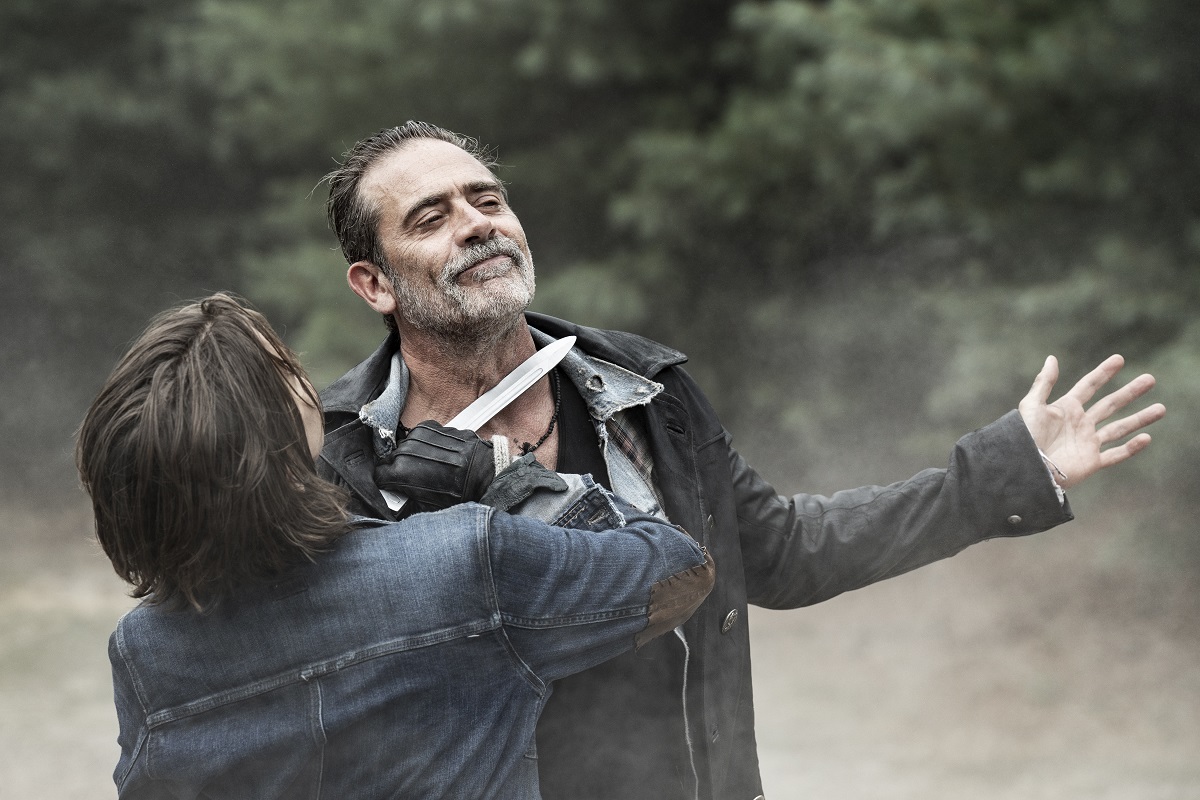
When we first catch up with Negan, he has average, not-particularly-terrible people (though technically criminals) protecting him, including a character played by Picard’s Michelle Hurd, who runs a brothel/bar/gambling establishment, illegal according to the laws established by the government of New Babylon.
I should say ran, because she is quickly killed by New Babylon marshal Pearlie Armstrong (Gaius Charles) for aiding and abetting Negan. Armstrong is pursuing Negan for the murder of a magistrate “and four others.” But when he talks about the kind of death penalty that awaits Negan, Armstrong is basing it on Negan’s previous crimes during his time leading the Saviors, including murdering Glenn.
Armstrong is so far removed from Negan’s former life that he’s only able to talk about Negan’s crimes as rumors. Yet, he’s fine using that “information” to inflict cruel and unusual punishment while preaching law and order.
At one point, Negan tells Maggie that the crimes of which he’s recently been accused didn’t happen the way Armstrong describes. Judging by the way Armstrong is coming for him, I’m inclined to believe that. Whatever the government of New Babylon is doing, it doesn’t seem to be interested in the complexities of human nature, or upholding justice for all—only for those who adhere to a very specific moral and ethical code.
Negan is also traveling with a teenage girl named Ginny (Mahina Napoleon), who doesn’t speak because of the trauma she experienced watching her father become a walker and die. He’s caring for her because when he was leaving her settlement, she’d bonded with him enough to ask to accompany him. So, he’s caring for and bonding with Ginny in the way he’s historically bonded with traumatized children, from Judith to Lydia, and even Carl, whom he always respected.
Maggie asks him where his wife Annie and their child are, but Negan dodges the question, leading me to believe they might not be alive anymore.
So, when we first catch up with Negan, people care about his wellbeing, showing that he’s been ingratiating himself to others. He’s caring for a child. (While possibly mourning his own?) And while he’s running from the law, we get the sense that The Law, in this case, is unjust.
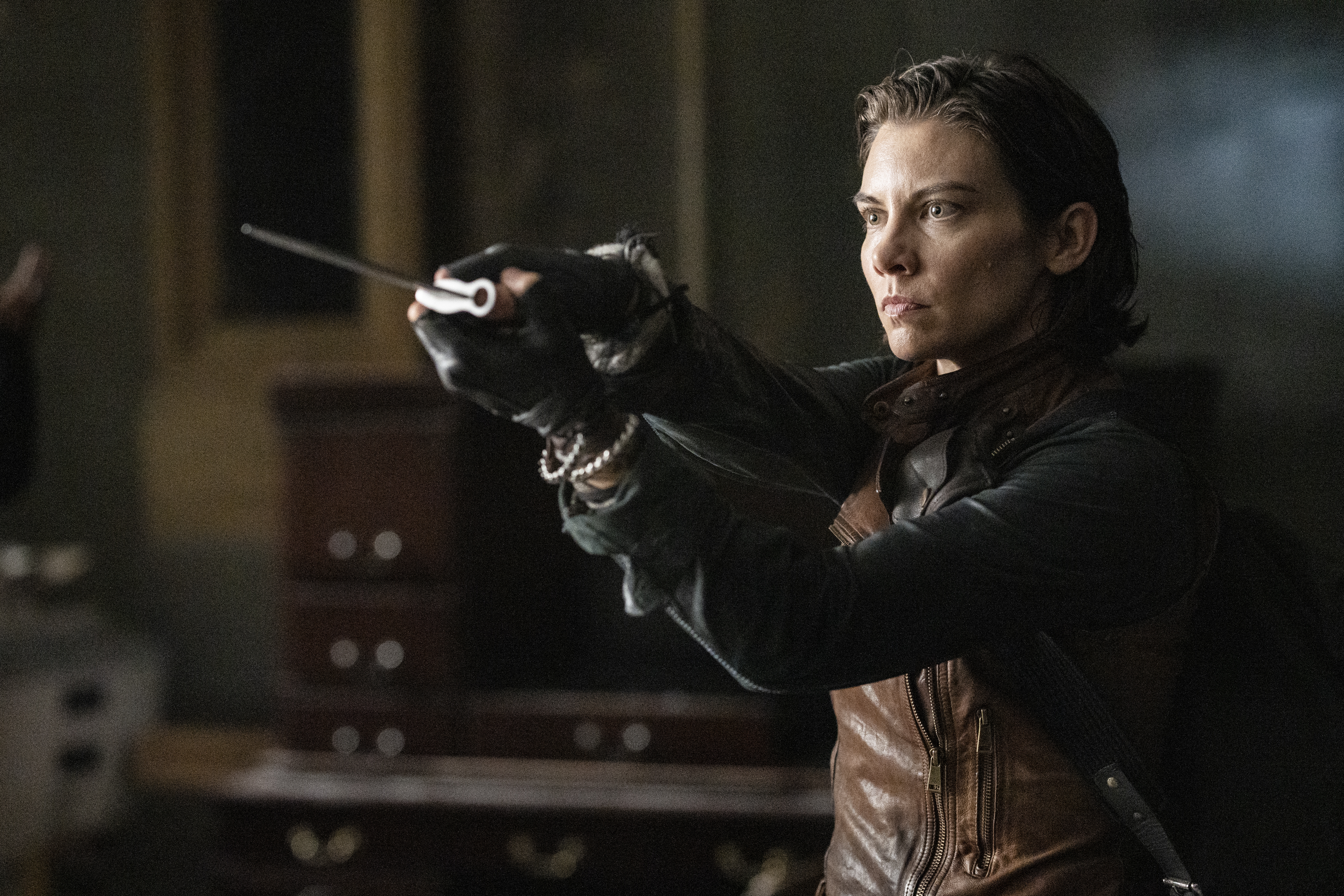
In short, Negan has continued to follow a path of atoning for his past sins and leading as decent a life as is possible for him in a post-apocalyptic, zombie-infested hellscape. The evolution we saw in him on TWD remains intact.
So, why has Maggie regressed so abruptly and in a way that doesn’t feel true to where the character ended up at the end of TWD? Negan brings up the possibility of Herschel’s kidnapping being the catalyst for old feelings being dredged up. While Maggie is, of course, dealing with her son being in danger, her interactions with Negan don’t feel emotionally truthful. It doesn’t make sense, when she came so far after Negan helped her save Herschel the first time, that she’d be this hostile toward Negan this early.
It’s as if the Dead City writers really wanted Negan to remain teddy-bear-likeable, but worried that there’d be no conflict without one of them being an assh*le, so they made Maggie the assh*le. It would’ve been more dramatically satisfying if we got to see her crack under her feelings about Negan subtly and over time. Instead, the pilot hits us over the head with the conflict in their relationship from jump.
I’ll continue to watch the show, if only because I really love watching Cohan and Morgan inhabit Maggie and Negan. However, I’m disappointed by how Dead City has taken the wind out of an awesome (and formerly nuanced) female character.
(featured image: Peter Kramer/AMC)



